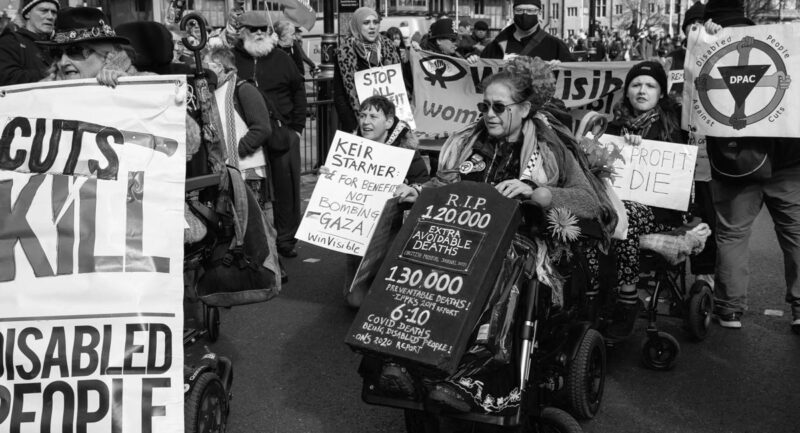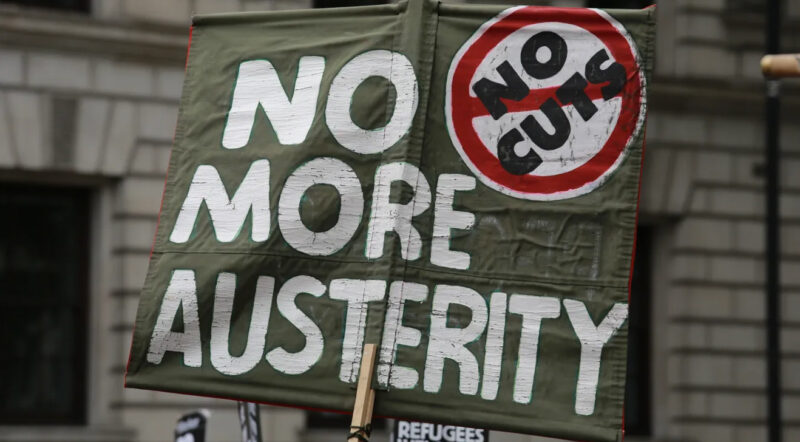Will the SNP break up Britain?
 The SNP have posed left to win an election victory, taking them one step closer to their proposed referendum, asks Joy Macready
The SNP have posed left to win an election victory, taking them one step closer to their proposed referendum, asks Joy Macready
THE SCOTTISH National Party (SNP) has formed its first majority government after the May elections. Winning 68 out of 129 seats, the SNP made gains at the expense of all three parties: Labour lost nine seats, the Tories lost two seats and Liberal Democrats lost 11 seats. These results showed that many voters wanted an alternative to Labour and to punish the Lib Dems at the polls.
During the campaign, the SNP posed left with an election strategy that focused on its record of achievement in the previous minority government: the restoration of free education with the abolition of the student graduate charge, a council tax freeze and 330 new or refurbished schools. The party also rejected privatising the NHS, a declaration that none of the other three parties could make. In its 2011 manifesto, the SNP makes promises on job creation and investment in renewable energy and council housing.
But one of the ultimate goals of the party – independence for Scotland – was for the most part absent from the campaigning discourse.
Independence day?
In his inaugural speech, SNP leader Alex Salmond was clear that the referendum on Scottish independence would not happen immediately, despite the party’s strong showing in the elections. Salmond has said that he has first to deal with Westminster’s Scotland Bill on more powers for Holyrood, which will deliver new financial powers worth £12 billion, allowing Scotland to control a third of its budget under a new Scottish-set income tax and borrowing regime.
The referendum could be held in the second half of this parliament, which lasts until 2016. However, it comes as no surprise that the SNP is not hurrying to hold a referendum. Salmond has termed this a “once in a generation” opportunity and wants to be sure of success, avoiding the situation in Quebec, where debate over multiple independence referenda over the years has been dubbed the “neverendum”. He knows that a “No” result could land a lethal blow to the SNP.
With a YouGov Opinion poll in October 2010 showing that only a third of Scots favour independence, while half are not in favour and 16% are unsure how they would vote, success is not a sure thing – yet. In addition, one of Salmond’s key economic advisers has recently said that Scotland would “gain little” from independence and should instead remain within the UK with boosted economic powers, a type of “devolution max”.
Salmond is counting on the fact that historically Scottish nationalist sentiment rises during a Tory-led government, as a direct response to Tory economic and social policies. And the millions of pounds worth of cuts being meted out by Westminster to deal with the deficit will fuel this fire. By maintaining a clear division between itself and the other three parties in terms of policy, the SNP aims to build a groundswell of anti-Westminster loathing before it takes the Scots to the polls for independence.
Will independence help?
An SNP-led independent country will not solve the problems of the Scottish working class. Although the SNP’s manifesto talks about social equality, the party’s economic and social policies are liberal at best. The SNP is backed by some of Scotland’s most high-profile business figures, including Martin Gilbert of Aberdeen Asset Management and financier Jim Spowart, who had backed Labour in 2007. It is committed to budget cuts – and plans to hold down public sector pay in exchange for retaining vital services.
Socialists believe that Scottish people have the right to hold a binding referendum on independence. However, during the referendum we would campaign for a “No” vote because we believe that Scottish workers will not benefit from being divided from their English and Welsh counterparts. We need to be united in action against the ruling class that is forcing through these draconian cuts across both countries.
And most importantly, we need to set aside national prejudice and unite together in an international revolutionary socialist political party that will fight in our interest, regardless of borders and nations – a revolutionary Fifth International.






